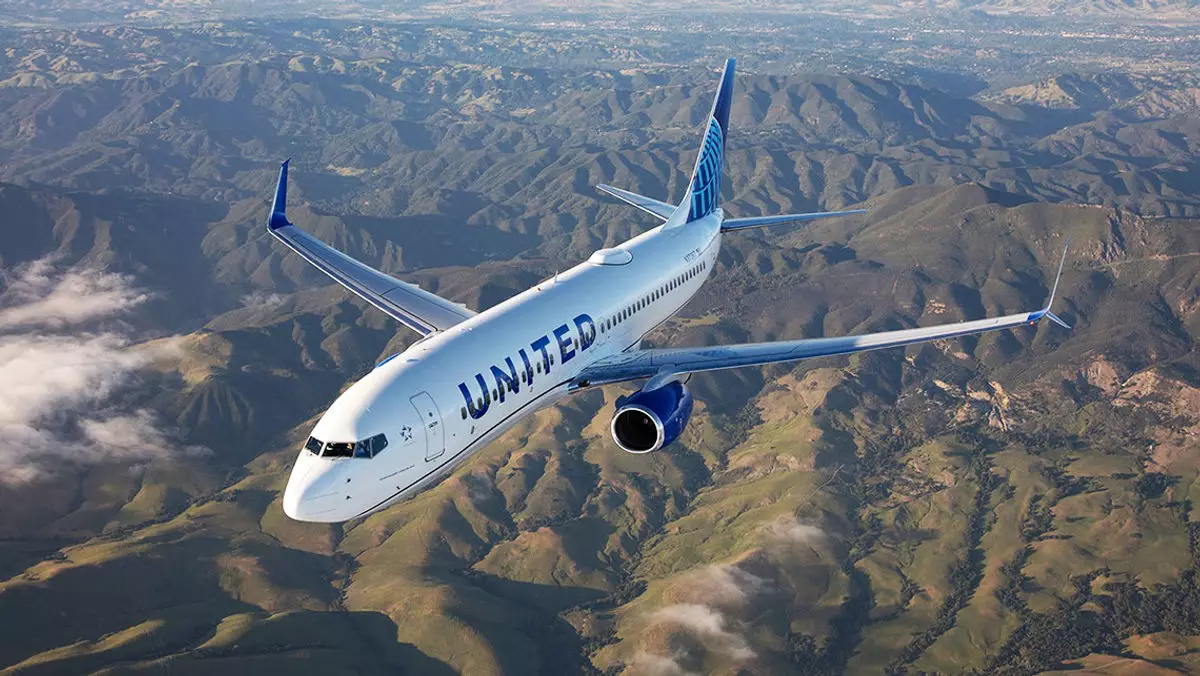The aviation industry has faced unprecedented challenges in recent years, forcing airlines to adapt swiftly to survive. At the forefront of this transformation is United Airlines, whose CEO, Scott Kirby, recently highlighted the effectiveness of the strategic changes implemented in the aftermath of the Covid-19 pandemic during the company’s fourth-quarter earnings call. These transformations are not merely short-term fixes; they potentially lay the groundwork for a sustainable future in air travel.
Kirby articulated that the strategic maneuvers United Airlines undertook—such as expanding international services, boosting sales of basic economy seats on domestic routes, and optimizing fleet capacity with larger aircraft—are intended to endure. As part of this vision, United is set to continue taking deliveries of Airbus A321neo aircraft until the end of the decade, reinforcing its position in the marketplace. By fostering a forward-thinking approach based on realistic economic assessments, Kirby posited that United is poised to navigate a rapidly evolving industry landscape.
The CEO pinpointed the financial vulnerabilities faced by low-cost carriers (LCCs) as an area of competitive advantage for United. As customer preferences have shifted notably towards premium seating since the pandemic, United’s significant investments in infrastructure and sales initiatives have disrupted the LCC business model. Kirby confidently declared that budget airlines would struggle to operate profitably within United’s strategically positioned hubs, establishing a clear delineation between the operations of traditional carriers and low-cost models.
The competitive landscape of the airline industry has undergone a thrilling transformation, with United leading this metamorphosis. With seven major hubs at its disposal, United is effectively leveraging its extensive network to combat rising competition. Kirby emphasized that the airline’s past investments have afforded it a competitive edge, claiming it has become a “juggernaut” in the industry thanks to its size and innovative culture, which allow for agility in decision-making amid industry changes.
United’s Chief Commercial Officer, Andrew Nocella, echoed this sentiment, stating that the strategic pivot to enhance international flying during the pandemic had paid off handsomely. Reportedly, international flight capacity surged, translating into a marked growth in revenue per available seat mile (RASM) compared to previous quarters. This indicates a robust market response, illustrating that United’s strategic vision crystallized to meet evolving demand has not only been validated but has also surpassed internal expectations.
The financial indicators from United Airlines’ fourth-quarter report were nothing short of impressive. Passenger revenue across various international regions achieved substantial growth, with Europe and the Atlantic rising by 9.5% and 6.8% respectively. Particularly noteworthy is the success of the premium cabin offerings, which experienced a 10% growth in revenue, solidifying the airline’s focus on high-value customer segments.
Moreover, United broke records for revenue generation on significant travel dates, such as the highest revenue day on the Sunday after Thanksgiving, outperforming prior benchmarks by 25%. Overall, the airline reported a fourth-quarter revenue of $14.7 billion, reflecting an increase of 7.8%, with net income soaring to $985 million in the same period.
Looking forward, Kirby recognized the indispensable role of United’s workforce in achieving these outstanding outcomes. The announcement of $713 million in profit-sharing payouts served as a tangible acknowledgment of employees’ efforts during challenging times. This recognition fosters a positive company culture, encouraging productivity and commitment to the airline’s mission.
United Airlines stands as a testament to resilience and strategic foresight in the face of adversity. The company’s commitment to evolving with the market, capitalizing on lucrative opportunities, and rewarding its employees positions it well for future growth. As Kirby stated, the industry’s transformation is ongoing, and United is not just participating; it is actively shaping the future of air travel. The lessons learned and strategies implemented will likely serve as a blueprint for success in an evermore competitive aviation landscape.


Leave a Reply